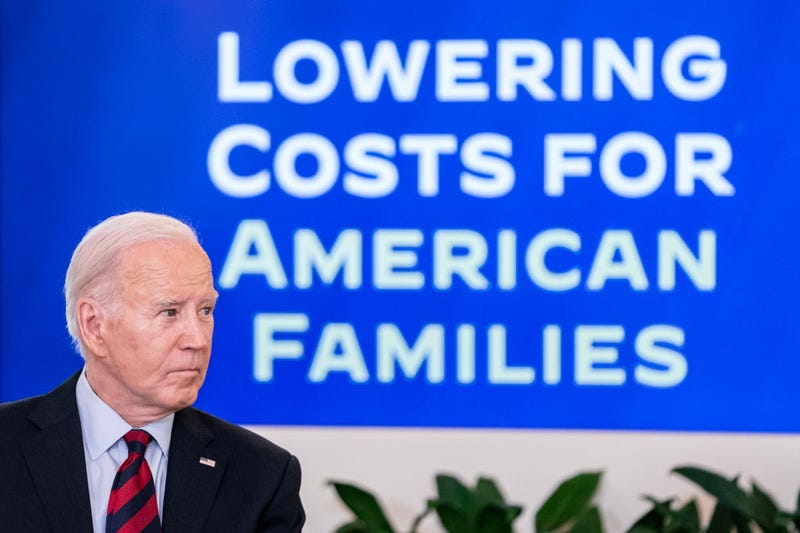
President Joe Biden shared on Tuesday that his administration is taking another step in slashing credit card late fees, a move that is projected to save families $10 billion every year.
The Consumer Financial Protection Bureau finalized the addition of a rule on Tuesday that will reduce the typical credit card late fee from $32 to $8.
“That’s the average of $220 in savings annually for more than 45 million Americans who typically have to pay late fees. A lot of money,” Biden said while meeting with his Competition Council.
The President went on to say that they estimate banks are charging far more than they need to, saying they are “padding their profit margins.”
The agency shared that the new rule also closes a loophole in federal law called the CARD Act, which allowed major credit card issuers to charge customers growing fees when they were behind on their payments. Those charges could grow as high as $41 over time but now are capped at $8.
CFPB Director Rohit Chopra called the new rule a huge moment for Americans who have fallen victim to credit card companies.
“Today’s rule ends the era of big credit card companies hiding behind the excuse of inflation when they hike fees on borrowers and boost their own bottom lines,” Chopra said in a statement.
The Consumer Bankers Association, which represents larger banks and credit card companies, has responded to the new rule, saying that it could force them to hike interest rates.
“The rule’s policy goals are, at best, consumer redistribution, not consumer protection,” the group said in a statement.
The industry group wasn’t the only one to respond to the new rule, as American Bankers Association President and CEO Rob Nichols shared in a statement that the decision was “misguided” as it will result in Americans paying more, even those who pay on time.
“Today’s flawed final rule will not only reduce competition and increase the cost of credit, but will also result in more late payments, higher debt, lower credit scores, and reduced credit access for those who need it most,” Nichols said.
The new rule is expected to take effect in mid-May and will apply to issuers with more than 1 million open accounts.
